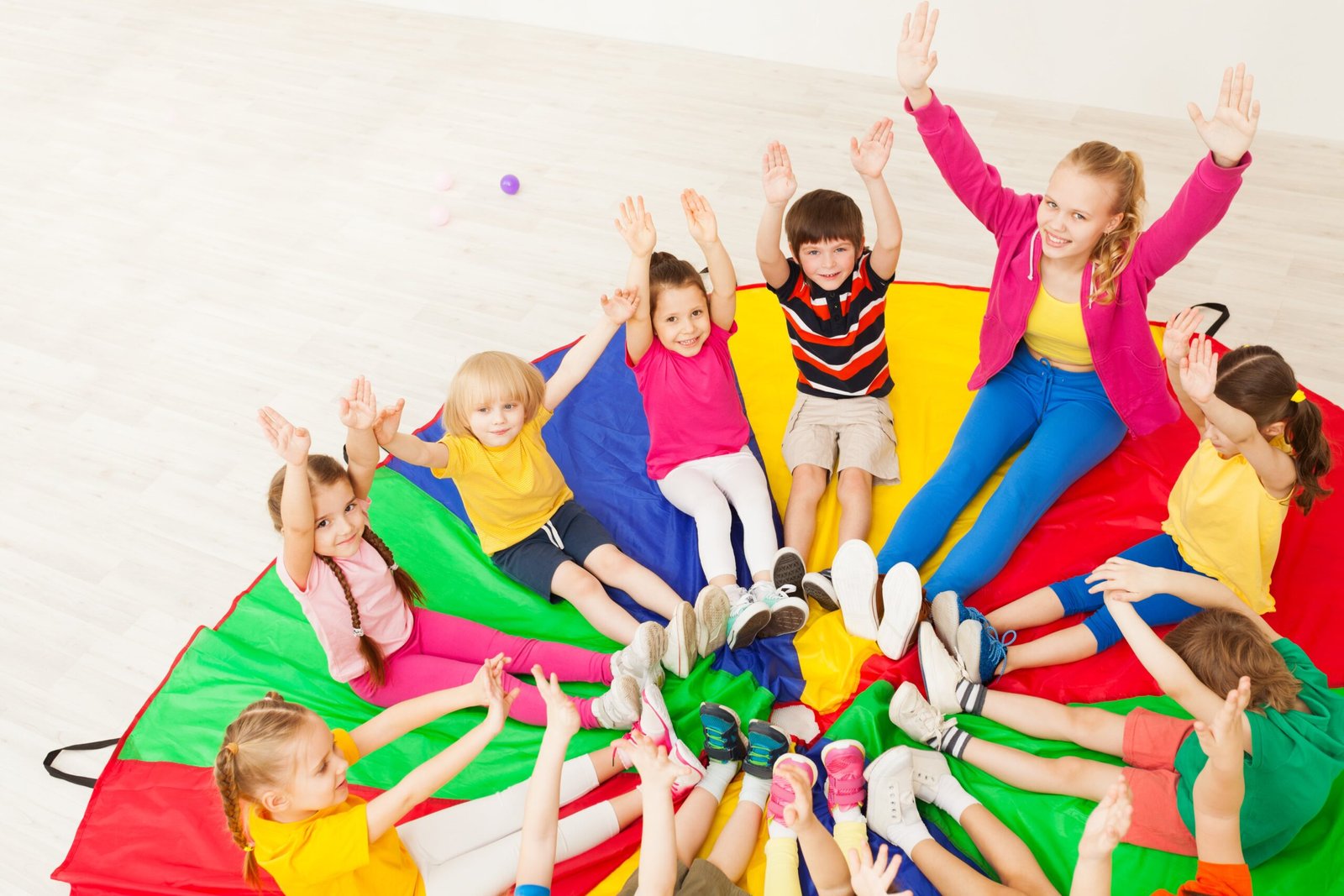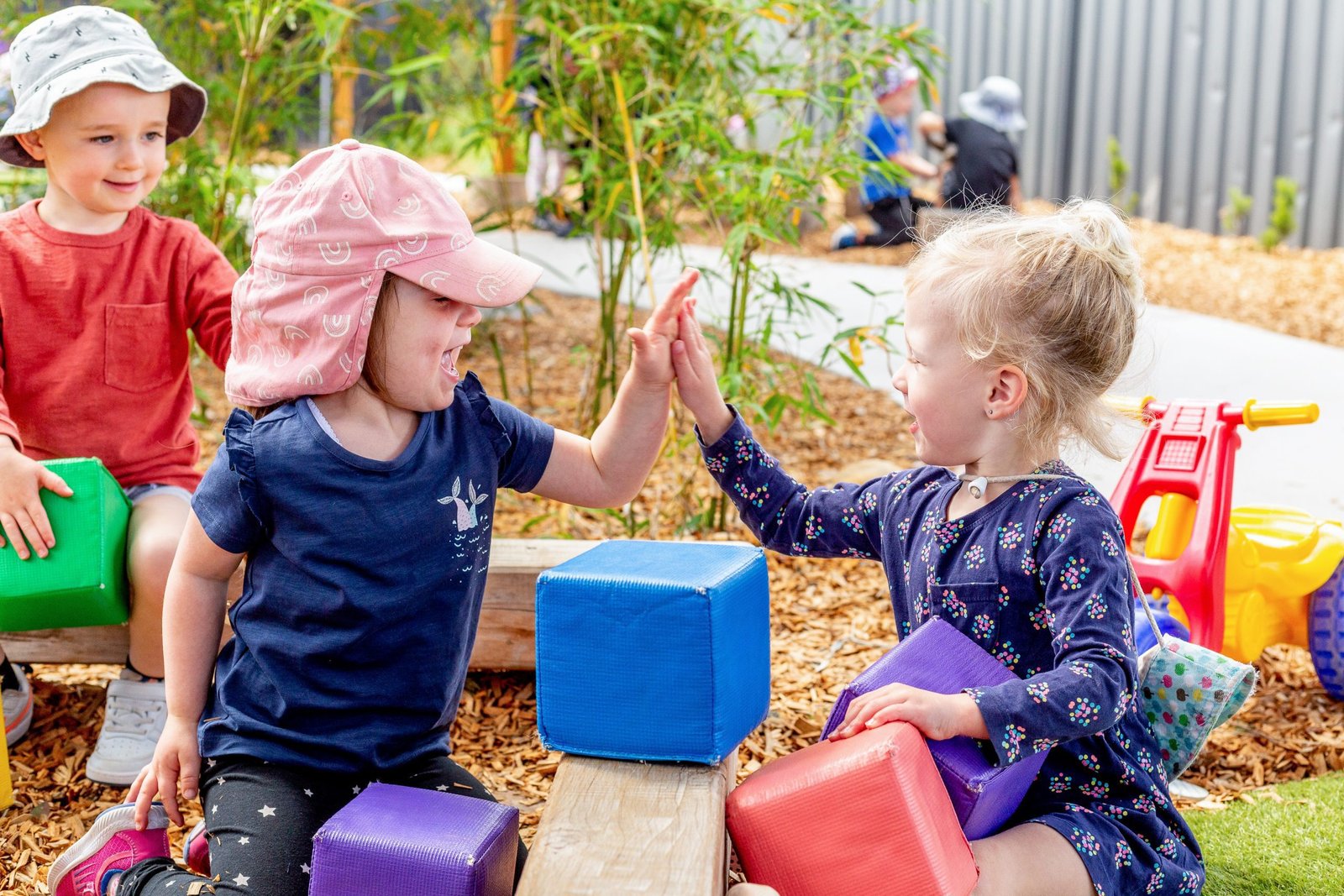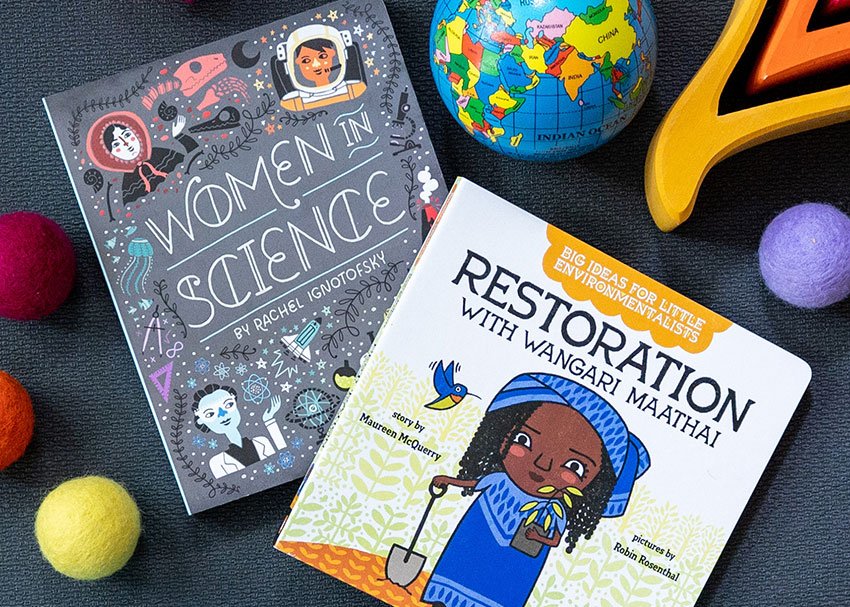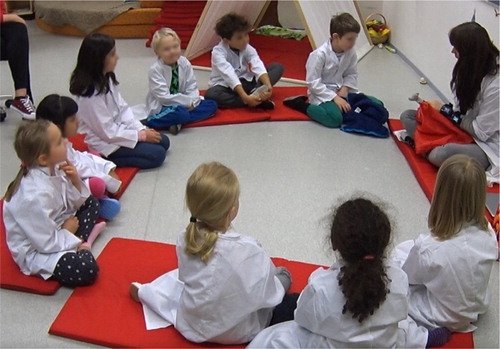Play is the natural language of children, and integrating it into early education can have profound effects on their growth and development. Play-based learning is a teaching approach where play is used as the primary medium for learning. This method has gained recognition for its ability to engage children, enhance their creativity, and build a strong foundation for lifelong learning.
Here are the key benefits of play-based learning in early childhood education:
1. Promotes Holistic Development
Play-based learning addresses all areas of a child’s development—cognitive, emotional, physical, and social—ensuring a well-rounded education.
- Cognitive Development: Activities like puzzles, block-building, and pretend play improve problem-solving, critical thinking, and decision-making skills.
- Emotional Growth: Through play, children learn to express and manage their emotions, enhancing emotional intelligence.
- Physical Skills: Running, climbing, and fine motor activities like drawing help develop gross and fine motor skills.
- Social Skills: Playing with peers teaches communication, teamwork, and conflict resolution.
2. Encourages Creativity and Imagination
Play-based learning stimulates a child’s imagination and creativity by allowing them to explore and create freely. Pretend play, for instance, lets children step into various roles, such as a chef, astronaut, or doctor. This imaginative exploration helps children think outside the box, a skill essential for innovation and problem-solving later in life.

3. Builds Social and Emotional Skills
Social interaction is a key component of play-based learning. When children play together, they learn how to:
- Share and take turns.
- Collaborate and work in teams.
- Resolve conflicts and communicate effectively.
These interactions also teach empathy as children begin to understand and respect others’ perspectives and emotions.
4. Fosters a Love for Learning
By making education enjoyable, play-based learning nurtures a positive attitude toward school and learning. When children associate learning with fun and curiosity, they are more likely to engage actively and retain information.
5. Supports Language and Communication Development
Through play, children are constantly communicating—whether negotiating roles during pretend play, describing their ideas in building activities, or following instructions in games. This interaction helps develop:
- Vocabulary expansion.
- Listening and comprehension skills.
- The ability to express thoughts and emotions effectively.
6. Enhances Problem-Solving Skills
Play allows children to experiment, make mistakes, and try again in a low-pressure environment. Activities like building structures, solving puzzles, or figuring out how to navigate an obstacle course encourage children to think critically and develop resilience when faced with challenges.
7. Aligns with Natural Learning Processes
Children learn best when they are active participants in the process, and play-based learning allows them to explore at their own pace. This self-directed approach respects each child’s individual learning style and encourages independence.
8. Builds a Strong Foundation for Academic Skills
Contrary to the misconception that play-based learning is unstructured, it actually integrates foundational academic concepts seamlessly into activities:
- Math Skills: Sorting, counting, and measuring during play introduce basic math concepts.
- Literacy: Storytime, role-playing, and games involving letters and sounds enhance pre-reading skills.
- Science: Exploring nature, building with blocks, and sensory activities lay the groundwork for scientific thinking.
9. Reduces Stress and Anxiety
Learning through play creates a relaxed and enjoyable atmosphere, which is especially important for young children who may find traditional classroom settings stressful. This approach helps reduce anxiety, allowing children to engage fully and absorb information more effectively.
10. Encourages Lifelong Skills
Play-based learning not only prepares children for academic success but also equips them with skills essential for life, including:
- Adaptability and resilience.
- Creativity and innovation.
- Collaboration and teamwork.
How Educators Can Implement Play-Based Learning
To maximize the benefits, educators can integrate play-based learning into early childhood education through the following strategies:
- Design Engaging Learning Environments: Create spaces that invite exploration, such as art corners, sensory stations, and role-play areas.
- Incorporate Child-Led Activities: Let children take the lead in deciding how they want to play, fostering autonomy and confidence.
- Blend Play with Curriculum Goals: Align play activities with educational objectives, such as using building blocks to teach math concepts.
- Observe and Guide: Instead of directing play, teachers can observe and step in when needed to ask questions or provide new challenges that expand learning.
Conclusion
Play-based learning is more than just fun—it’s a powerful educational tool that prepares children for success in school and beyond. By fostering creativity, social skills, and cognitive development, this approach not only nurtures young minds but also builds a solid foundation for lifelong learning. Embracing play in early childhood education ensures that children grow up curious, confident, and ready to explore the world.











